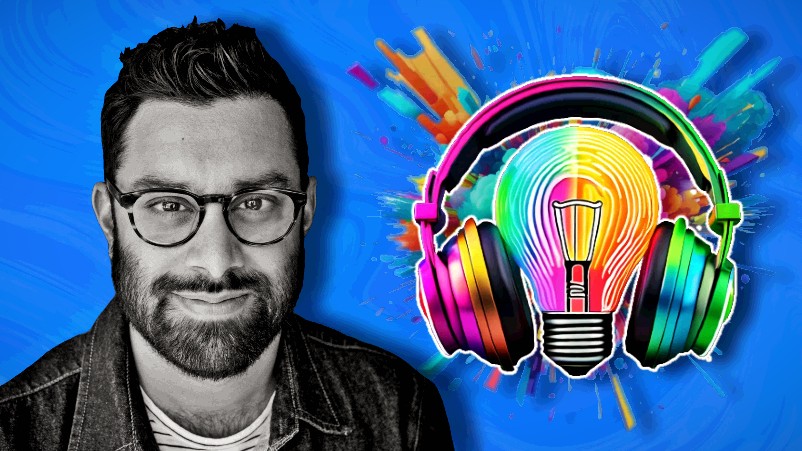Let's be clear - leadership is not digital capability
Business Insider’s Greg McKenna recently wrote that the answer to great leadership is recognising and adapting to change and his themes have been repeatedly similarly across many different articles, namely:
- Great leaders are adaptable to change and are adept at customer first digitisation
- Organisations believe they need new leaders to survive in the digital age
- Command-and-control hierarchical cultures require an entire organisation agile-like transformation
- Speed will separate winners from losers
Great leadership is one of those things that is often talked and written about but continues to be in relegated to a rare few. Australian corporate culture is often marred by lawsuits, overpaid executives, unfair dismissals, mass redundancies, and continuing harassment and bullying, sometimes subtle but oft overt and still ignored. In my own profession, CMO tenure continues to slide, and confusion about what to call the person connecting you’re your customer to your brand, is so rife it has become laughable. This points to a failure, not just in marketing, but in structure and strategy across the C-level, and ultimately leadership.
We have elevated digital behaviour change to such a height that we’ve made it the sum total of who our customers and staff are. We are so obsessed with it we have forgotten that the other 90 per cent of who we are hasn’t changed at all.
We are emotional beings that crave connection with each other more than food, and definitely more than hot-desking. This is our core. In our workplaces we seek recognition and meaning for the part we play within a positive team dynamic. We yearn to belong.
There's one thing that makes a great leader. It's not found in a text book, or an MBA. It's an innate understanding of people and how to best harness their collective capability.
When I read this article, I was astounded at how detailed it was at solving some of the symptoms of poor leadership, with little time given to finding the root cause for why 68 per cent of companies feel like they need new leaders. 2018 Digital Business Report Global Executive Study and Research Project (MITSloan Management Review and Deloitte Digital)
There is actually merit to what McKenna ascertains, companies do need to change command-and-control cultures, focus on customer and digitise. But great leadership is not founded here. Agility and digital prowess are not the way to become a person people will follow no matter what age we are in.
“Being digital” is but one capability we need. Although the distributed power of a digital transformation sounds like the opposite of command-and-control, in its text book form it can also create negative outcomes for people, through confusion, disconnectedness and ambiguity. Furthermore the most agile organisations still have people with more power than some. Ownership and power are not the enemy, paradoxically they are actually required to pull people together in an organised way, and create belonging.
We need more leaders who own their power, and use it with understanding, to motivate others towards a clear and meaningful shared goal, and acknowledge them when they achieve it.
In the end great leaders are not those that recognise change, they are those that understand deeply what will never change: the heart of what makes us human.


